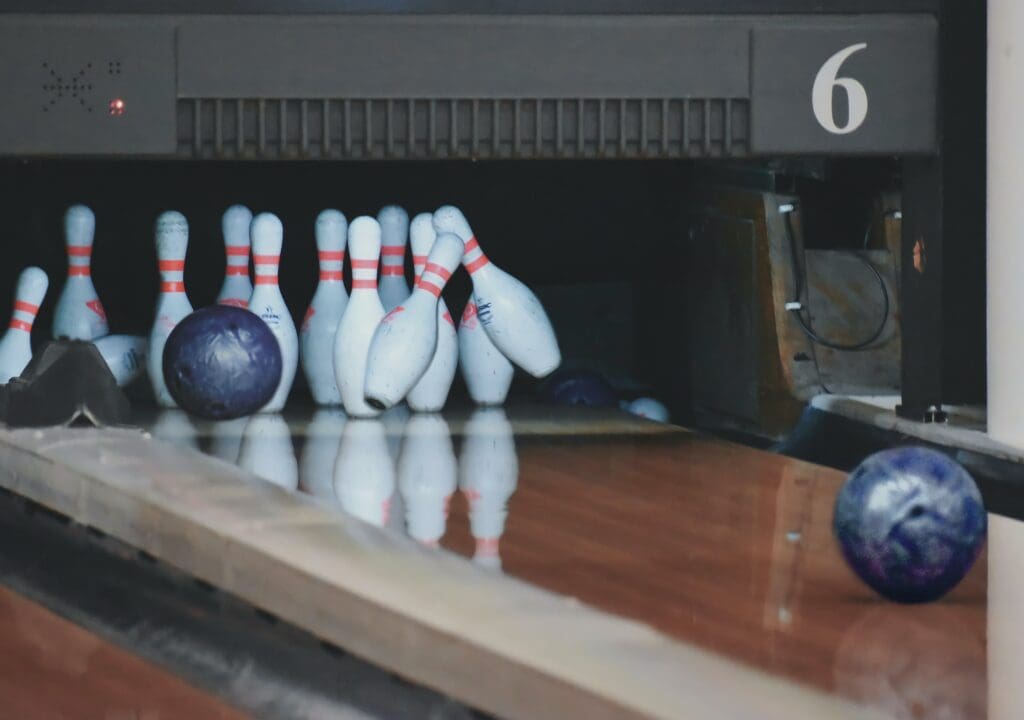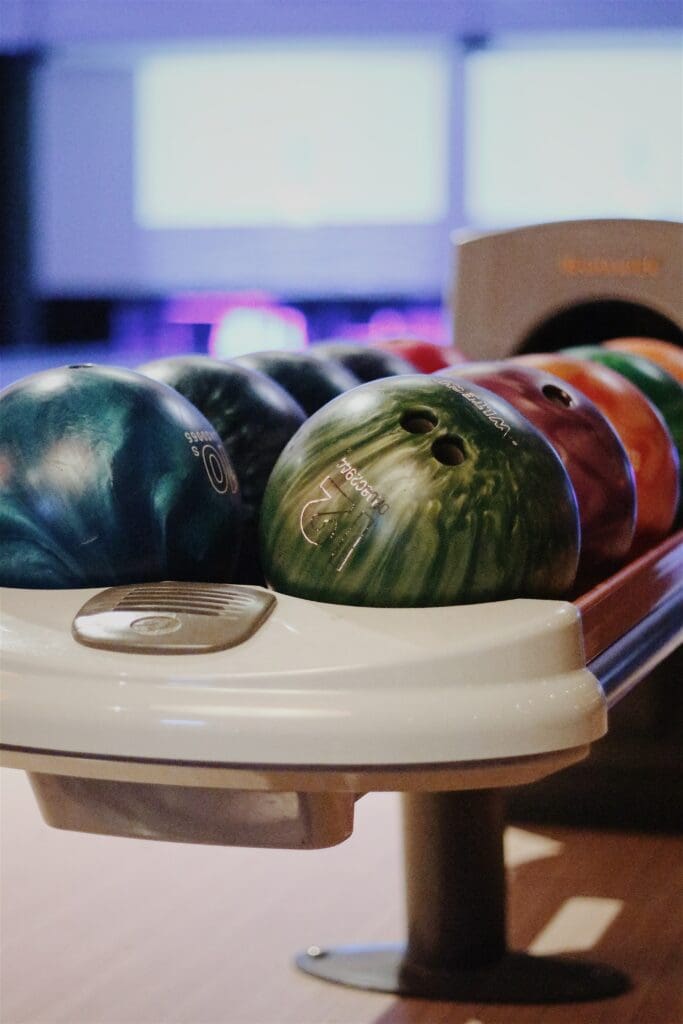
Bowling Ball Weights: How To Find The Right One For You
Are you looking for some bowling tips on how to choose the right bowling ball weight? If so, you’ve come to the right place! Choosing the perfect bowling ball weight can make a huge difference in your game. In this blog post, we’ll explore how to find the right bowling ball weight for you, as well as what factors to consider when picking out a bowling ball. We’ll also look at whether a heavier or lighter bowling ball is better for you and your bowling style. So let’s get started and discover the perfect bowling ball weight for you!

What is the right bowling ball weight for you?
When it comes to choosing the right bowling ball weight, there is no one-size-fits-all answer. Your ideal ball weight will depend on a variety of factors, including your experience level, strength, and personal preferences. If you’re just starting out in the world of bowling, you’ll likely want to start with a lighter ball. Most beginner bowling balls range in weight from 10 to 14 pounds. This will allow you to focus on developing your technique without being weighed down by a heavy ball.
On the other hand, if you’re an advanced bowler, you may want to go with a heavier ball. Many experienced bowlers prefer balls in the 14 to 16 pound range, as these can help them generate more power and hook potential. However, it’s important to note that even experienced bowlers should choose a weight that feels comfortable to them and allows them to maintain proper form.
Ultimately, the best way to find the right bowling ball weight for you is to try out different options and see what feels best. Don’t be afraid to experiment with different weights until you find the perfect fit. With a little trial and error, you’ll be able to find a ball weight that helps you achieve your best possible game.
Is your bowling ball too heavy?
One of the most common mistakes that beginners make when selecting a bowling ball is choosing a weight that is too heavy. While it may seem like a good idea to go with the heaviest ball you can handle, it can actually harm your game. For one thing, if the ball is too heavy, it can cause muscle strain and fatigue, making it more difficult to maintain good form throughout your game.
On the other hand, if you’re an advanced bowler who has been using a heavy ball for years, it may be difficult to transition to a lighter one. You may feel like you’re losing control or power with a lighter ball. However, it’s important to remember that a lighter ball can actually be more beneficial for advanced bowlers as well. With a lighter ball, you can increase your ball speed and potentially even your rev rate, giving you more pin action and better overall results.
The key to finding the right bowling ball weight is to find a balance that works for you. If you’re a beginner, start with a ball that is easy to handle and allows you to focus on improving your technique. As you become more comfortable with the sport, you can gradually increase the weight of your ball until you find a weight that provides the best results. For advanced bowlers, don’t be afraid to experiment with different weights and find one that complements your existing technique. By finding the right bowling ball weight, you can improve your game and increase your chances of success on the lanes.
Is a lighter bowling ball better?
The answer to this question isn’t as straightforward as one might think. It really depends on your skill level and your style of play. For beginner bowlers, a lighter ball can be easier to handle and can help improve their accuracy. A lighter ball can also be more forgiving when it comes to mistakes, allowing for easier spares and less gutter balls. However, for more advanced bowlers, a heavier ball can provide a greater degree of control and power. A heavier ball can generate more speed and spin, leading to a more aggressive and accurate shot. It can also help increase pin carry and provide a greater margin for error.
Ultimately, the decision between a lighter or heavier ball comes down to personal preference and play style. It’s important to experiment with different weights and see which one feels most comfortable for you. Keep in mind that your body may feel different on different days, so it’s important to be flexible and open to adjusting your ball weight as needed.
How to find your perfect bowling ball weight!
Finding the right weight for your bowling ball can be the difference between a mediocre and an outstanding game. But how do you find your perfect bowling ball weight? Firstly, you need to consider your level of expertise. If you’re a beginner bowler, a lighter ball might be more suitable for you as it allows you to focus on developing your form and technique without worrying about carrying the weight of the ball. On the other hand, an advanced bowler may prefer a heavier ball for the extra power and speed it provides.
Next, you need to consider your physical strength and capabilities. If you have any physical limitations or injuries, a lighter ball might be more comfortable and easier to handle. Conversely, if you have strong muscles and are accustomed to heavier weights, a heavier bowling ball might be the better choice for you.
To determine your perfect weight, experiment with different weights at your local bowling alley or pro shop. Begin with a weight that you feel comfortable with and gradually work your way up or down until you find the weight that feels most natural to you. It’s important to keep in mind that your ideal weight might not necessarily be the same as someone else’s, so take your time and listen to your body.

Finding your perfect bowling ball weight is a matter of trial and error. By taking into account your level of expertise and physical abilities, and experimenting with different weights, you can find the weight that allows you to perform at your best. No matter what weight you choose, make sure to maintain good form and practice regularly. Bowling is a challenging sport, but with the right weight and consistent effort, you can become a pro in no time. Happy bowling!
